Examples of Successful Marketing Automation Campaigns

At Drop Cowboy, we’ve seen firsthand how marketing automation can transform businesses.
In this post, we’ll explore real-world examples of successful marketing automation campaigns that have delivered impressive results.
From welcome email series to abandoned cart recovery and customer re-engagement strategies, we’ll break down the key elements that make these campaigns effective.
Get ready to discover actionable insights and practical tips you can apply to your own marketing automation efforts.
How to Create a Winning Welcome Email Series
The Power of Personalization
Welcome email series act as the digital equivalent of a warm handshake. Personalization stands as the cornerstone of a successful welcome series. A study by Experian reveals that personalized emails generate 6x higher transaction rates. You should address subscribers by name and tailor content based on their signup source or initial interactions with your brand.
Showcase Your Value Proposition
Your welcome series must clearly communicate your brand’s unique selling points. Highlight key products or services, but focus on the benefits they bring to customers. For instance, if you run a SaaS company, don’t just list features – explain how those features solve specific problems for your users (this approach resonates more with potential customers).
Incentivize Action with Exclusive Offers
Special discounts or incentives in your welcome series can drive immediate engagement. A report by Bluecore found that welcome emails with special offers have a 30% higher conversion rate than those without. You should be strategic – consider offering a time-limited discount to create urgency, or a free trial of your premium features to showcase your product’s full potential.
Set Clear Expectations
Use your welcome series to set expectations for future communications. Inform subscribers about the type and frequency of emails they’ll receive. This transparency builds trust and reduces the likelihood of unsubscribes.
Guide Towards Loyalty
A welcome series isn’t just about making a sale – it aims to build a relationship. Guide new subscribers towards becoming loyal customers by providing valuable content, showcasing your brand’s personality, and demonstrating how your products or services can improve their lives.
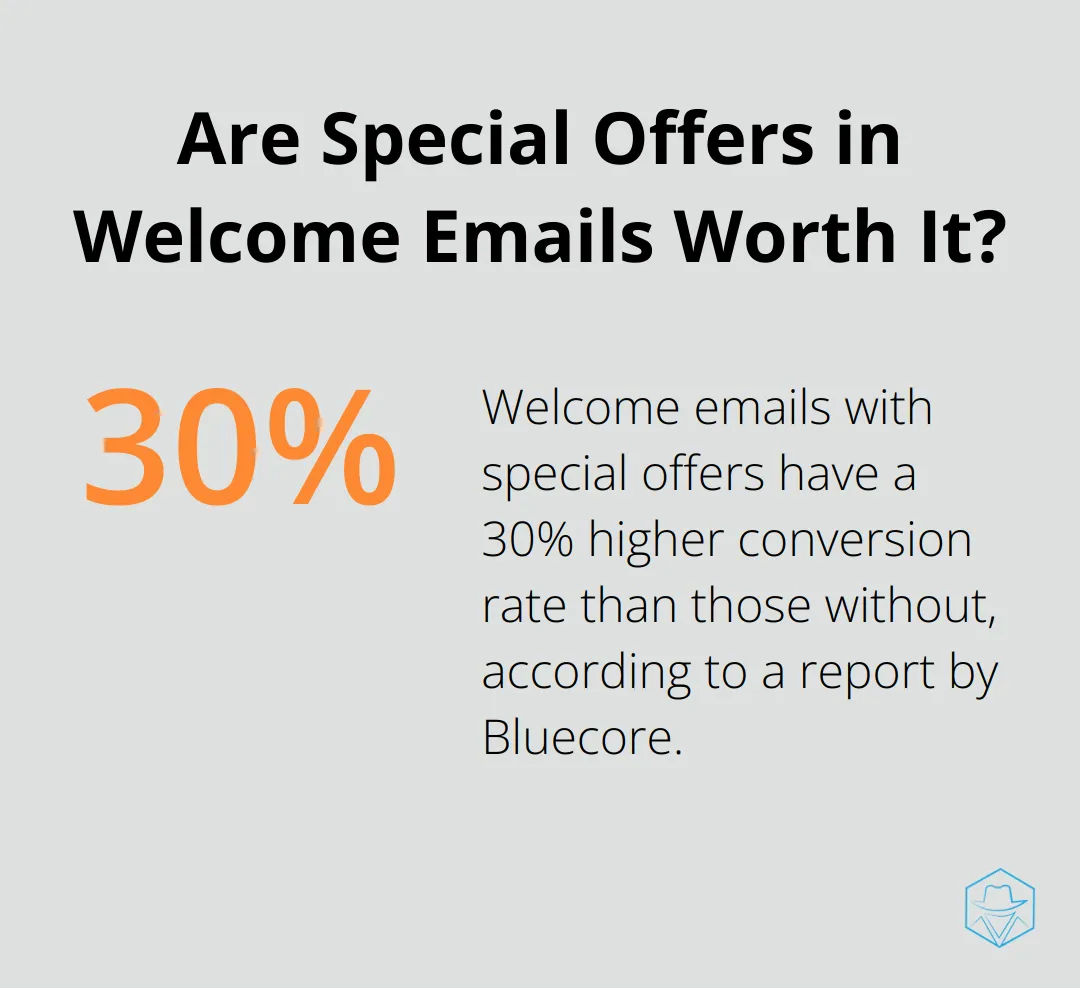
As we move forward, let’s explore another critical aspect of marketing automation: abandoned cart recovery. This strategy can significantly boost your conversion rates and recapture lost sales.
How to Recover Abandoned Carts
Perfect Your Timing
Timing plays a critical role in abandoned cart recovery. Research indicates that sending the first reminder within an hour of cart abandonment can increase conversion rates by up to 6.33%. A series of well-timed reminders yields better results. Send a second email after 24 hours and a final reminder after 3-5 days. This strategy provides customers multiple opportunities to complete their purchase without appearing overly aggressive.
Personalize Your Approach
Generic reminders fail to capture attention in crowded inboxes. Personalization stands out as the key to success. Include specific items left in the cart, complete with high-quality images and descriptions. Take personalization a step further by recommending complementary products based on the abandoned items. Salesforce reports that personalized product recommendations can increase conversion rates by up to 150% (an impressive statistic that underscores the power of tailored messaging).
Offer Irresistible Incentives
Customers often need an extra push to complete their purchase. Exclusive discounts or free shipping offers can provide that final nudge. A study by Baymard Institute found that unexpected shipping costs top the list of reasons for cart abandonment (at 49%). Offering free shipping, even with a minimum purchase requirement, can significantly reduce abandonment rates. If free shipping isn’t feasible, try a time-limited discount on the abandoned items.
Optimize for Mobile
With mobile commerce on the rise, your abandoned cart recovery emails must look great on smartphones and tablets. Use responsive design to ensure your emails display correctly across all devices. Include large, easy-to-tap buttons for a seamless mobile experience. (This attention to mobile optimization can make a substantial difference in your recovery rates.)
Test and Refine
No single abandoned cart recovery strategy works for every business. Try different subject lines, email content, and incentives to find what resonates best with your audience. A/B testing allows you to compare different approaches and refine your strategy over time. This data-driven approach helps you continually improve your abandoned cart recovery efforts.
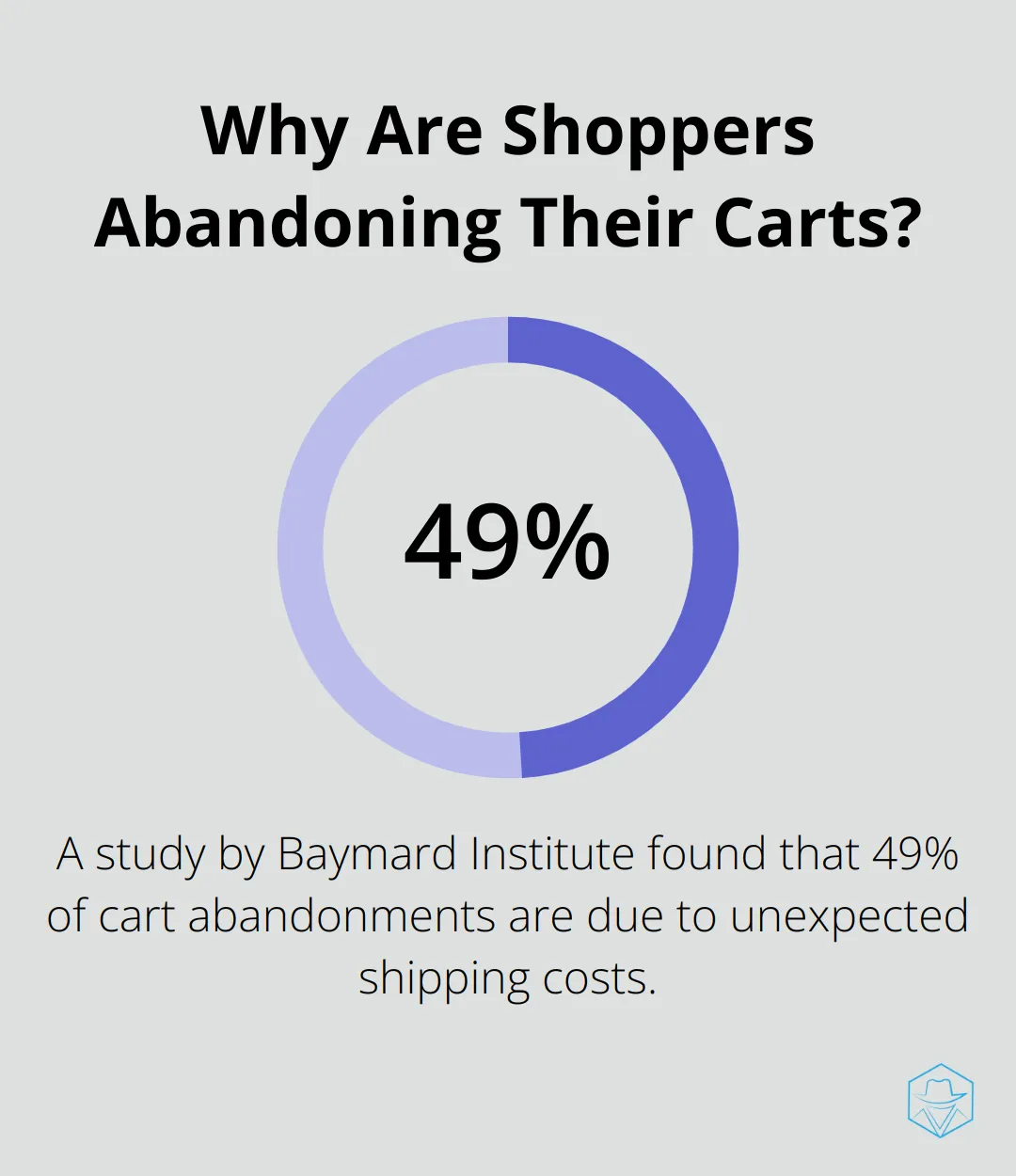
As we move forward, let’s explore another powerful aspect of marketing automation: customer re-engagement strategies. These tactics help you reconnect with dormant customers and reignite their interest in your brand.
How to Reignite Customer Interest
Segment Your Audience for Targeted Campaigns
Start your re-engagement efforts by dividing your customer base according to their past purchase behavior. This approach allows you to create highly targeted campaigns that resonate with specific customer groups. You might create separate segments for:
- Customers without a purchase in the last 6 months
- High-value customers who stopped buying suddenly
- Seasonal shoppers who only buy during specific times of the year
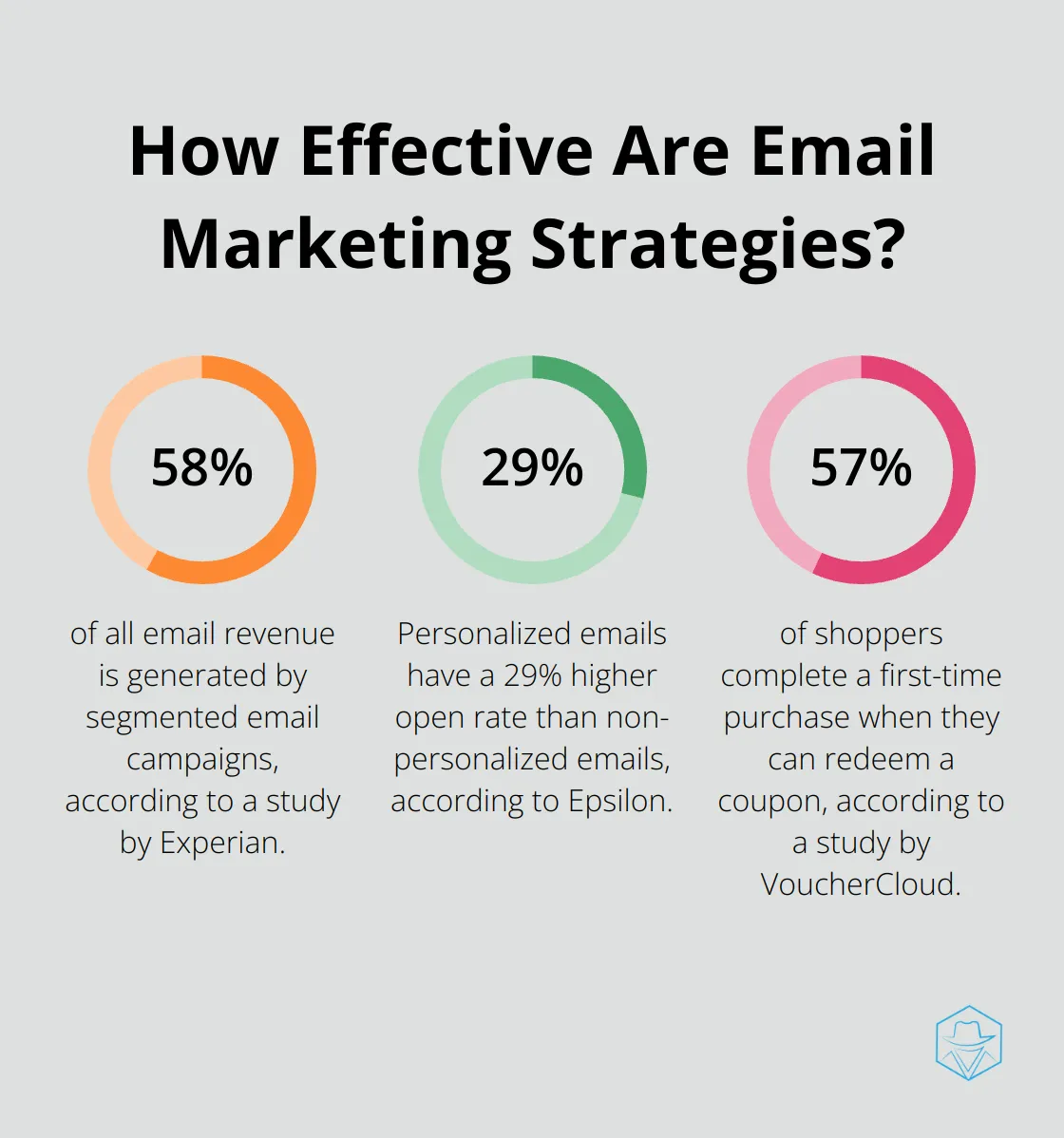
A study by Experian found that segmented email campaigns generate 58% of all email revenue (this statistic underscores the importance of tailoring your re-engagement efforts to different customer groups).
Craft Personalized Content That Speaks to Customer Interests
After you segment your audience, create personalized content that speaks directly to their interests and past behaviors. Use data from previous purchases and browsing history to recommend products they’ll likely find interesting.
For instance, if a customer previously bought running shoes, you could send them an email showcasing your latest athletic wear or accessories. This level of personalization can significantly boost engagement rates. According to Epsilon, personalized emails have an open rate 29% higher than non-personalized emails.
Offer Compelling Incentives to Drive Action
Customers often need an extra push to make another purchase. Offering targeted incentives can reactivate dormant accounts. Try these strategies:
- Time-limited discounts on products related to their past purchases
- Free shipping on their next order
- Exclusive access to new product launches or pre-sales events
A study by VoucherCloud revealed that 57% of shoppers complete a first-time purchase when they can redeem a coupon (for re-engagement campaigns, the right incentive can be equally powerful in driving repeat purchases).
Leverage Voice and SMS for Enhanced Engagement
Incorporate voice and SMS messages into your re-engagement strategy to stand out from the crowd. Personalized voice messages can create a more intimate connection with your customers. SMS, with its high open rates, ensures your message reaches your audience quickly.
Drop Cowboy’s Mimic AI™ technology allows you to create personalized voice messages for your re-engagement campaigns. This unique approach can significantly increase customer engagement and response rates.
Track and Analyze Your Results
Monitor the performance of your re-engagement campaigns closely. Track metrics such as open rates, click-through rates, and conversion rates. Use this data to refine your strategies and improve future campaigns. A/B testing different approaches can help you identify what resonates best with your audience.
Final Thoughts
Marketing automation has transformed how businesses connect with customers. The examples we explored showcase its power to create personalized, efficient, and effective marketing campaigns. These examples of marketing automation demonstrate the potential for welcome emails, abandoned cart recovery, and re-engagement strategies to deliver impressive results.
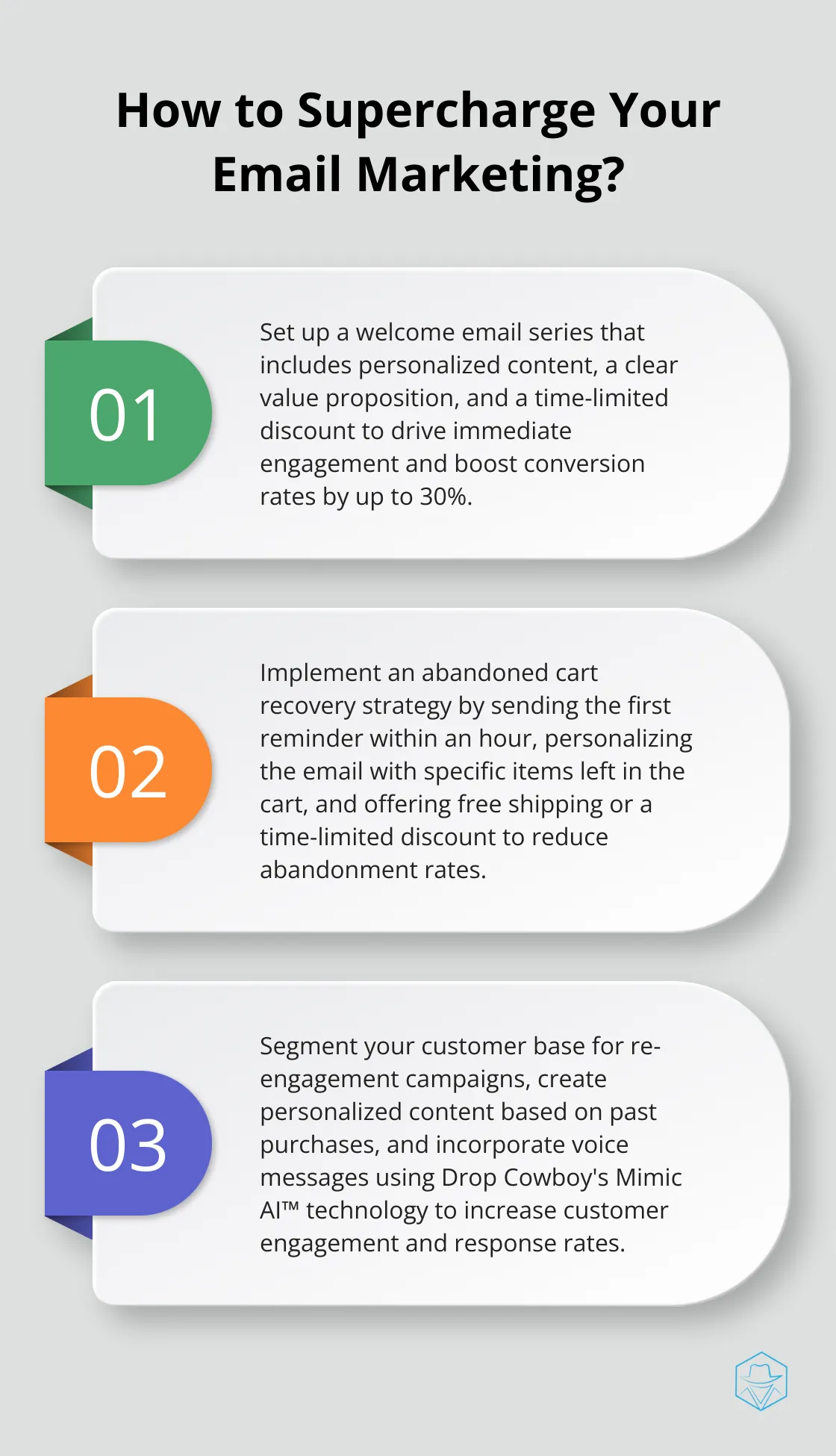
Successful implementation of automation requires clear goals, the right tools, and a deep understanding of your target audience. You must prioritize data quality and ensure compliance with privacy regulations to build trust. Regular analysis and optimization of your campaigns will help you stay ahead of changing customer preferences and market trends.
Drop Cowboy offers innovative solutions like Mimic AI™ for personalized voice messages and SMS integration. These features can enhance your marketing automation efforts and create more engaging communications. You should consider how voice and SMS can amplify your campaigns and help you forge stronger connections with your audience.
blog-dropcowboy-com
Related posts

March 5, 2025
Best Ringless Voicemail Apps for Your Business
Explore top ringless voicemail apps to boost business communication and efficiency. Discover features, benefits, and how they can fit your needs.
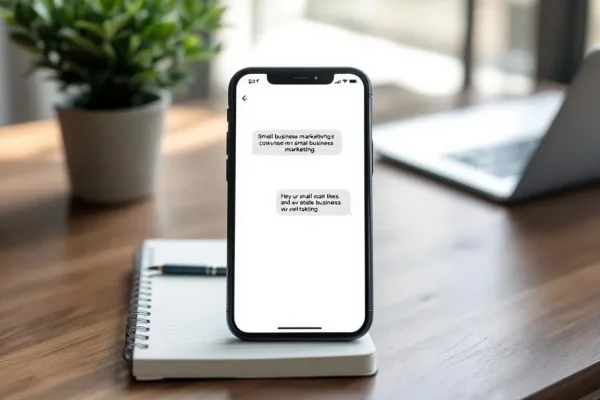
February 28, 2025
How to Leverage Text Marketing for Small Businesses
Boost sales with small business text marketing. Reach more customers, engage effectively, and drive growth through proven strategies and practical tips.
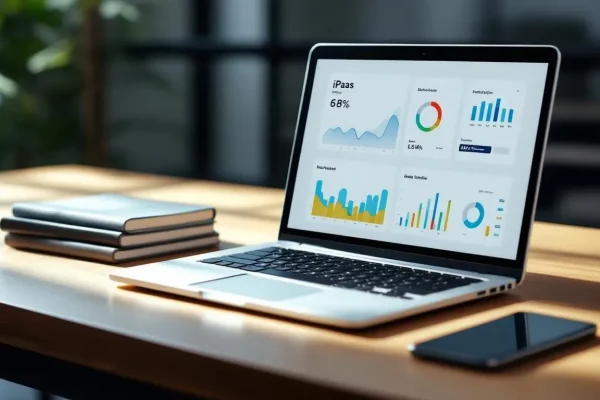
March 22, 2025
Top iPaaS Tools for Seamless Data Integration
Explore top iPaaS tools for seamless data integration. Discover efficient solutions for enhancing connectivity and streamlining your business processes.
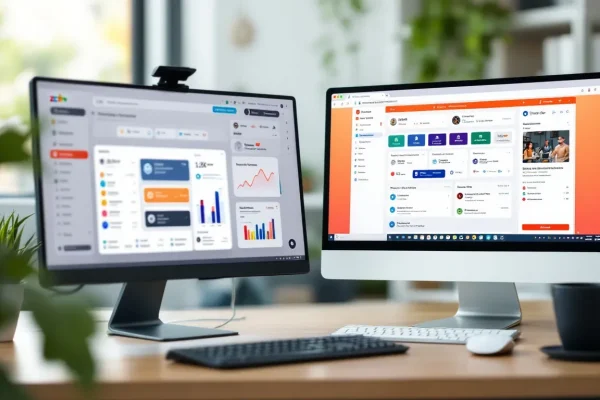
March 31, 2025
Zoho CRM vs HubSpot: Comparing Features and Benefits
Compare Zoho CRM vs HubSpot to make the best choice for your business. Explore features, benefits, and insights in our detailed analysis today!
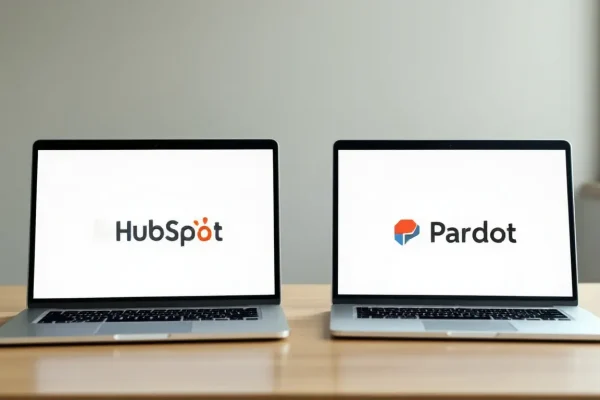
March 27, 2025
HubSpot vs Pardot: Battle of Marketing Automation
Compare HubSpot vs Pardot to choose the best marketing automation tool for your business needs. Analyze features, pricing, and effectiveness.

March 13, 2025
How to Master Marketing Automation Best Practices
Optimize your strategy with marketing automation best practices. Boost efficiency, engage customers, and increase conversion rates effectively.